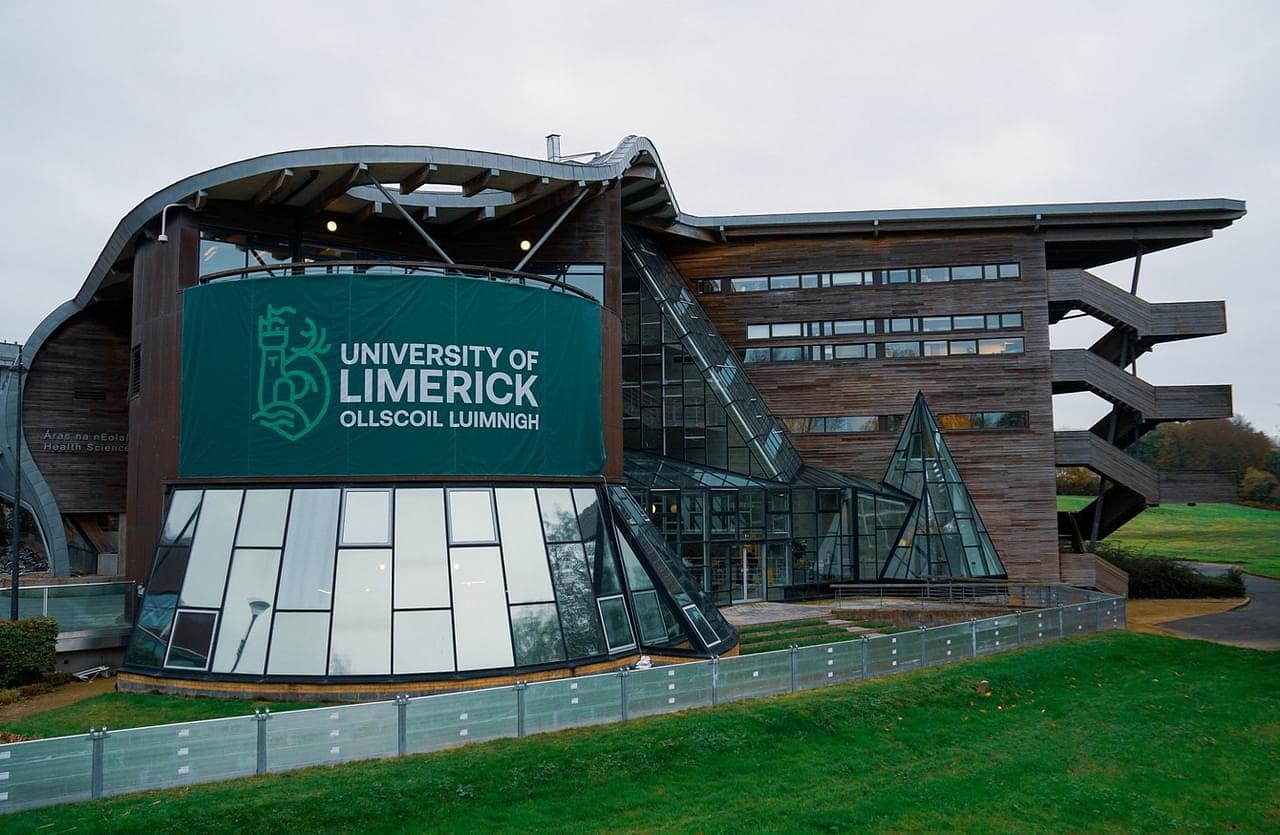Sociology Youth Community and Social Regeneration MA at University of Limerick
Limerick, Ireland
- Tuition Fee € 15,800
- Country Rank-
- Duration12 Months
- Score IELTS: 6.5 TOEFL: 90
Program Overview
This programme equips students with the skills necessary to engage with contemporary theoretical, policy and practice-related issues relating to work and study with young people in the national and international context of community regeneration. It includes an Internship where students undertake a placement in the field of Youth Work or Community Development. A total of 15 Places are available on this programme. All applicants will be interviewed as part of the application process. The Internships are with a range of NGO and Voluntary organisations in the community and youth sectors.
Cost Of Studying At University of Limerick
Interest rates as low as 8.9% *
250K+
Students Assisted
800Cr+
Loan Amount Disbursed
5000+
Loans Sanctioned
Check Loan Eligibility
Powered by
